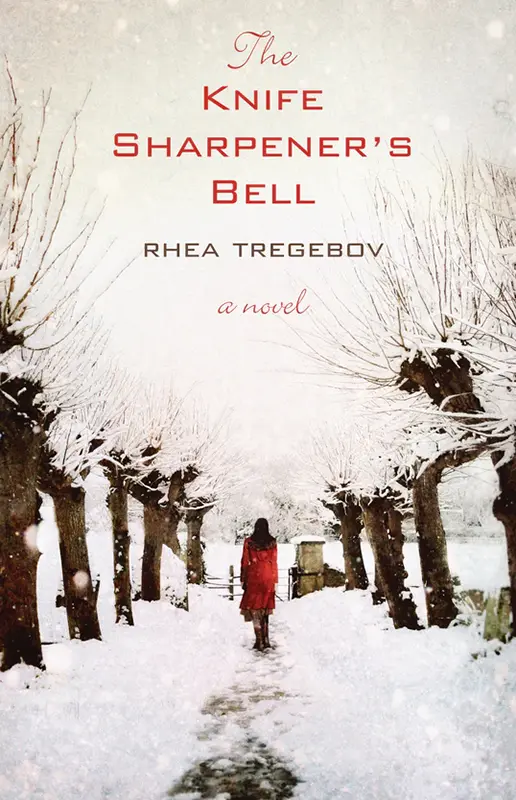Annette Gershon’s odyssey from Depression-era Winnipeg to Stalinist Russia is both the seldom-told story of those who actually made that hopeful, doomed, journey, and a testament to the tenacity of the human spirit.
Ten-year old Annette Gershon is content enough growing up in her father’s delicatessen on Main Street in Winnipeg, but for immigrant families scratching out a living in the Dirty Thirties, even subsistence is a delicate balance, easily upset. Everything changes when her parents decide to take the family “home” to the Soviet Union.
Annette struggles to maintain her sense of who she is, first adapting to her life in Odessa, then fleeing to Moscow ahead of the Nazi occupation. But it is in the post-war years that her identity, and her very life, are threatened by the anti-Semitism of Stalinism’s final years.
The Knife Sharpener’s Bell is the story of a girl who tried to stop a train, but finds herself on the runaway train of historical events. It is a story about loyalty and betrayal, heroism and fear.
The writing is infused with a poet’s sensitivities to rhythm, image, and linguistic energy, yet also beautifully restrained – each image and observation there for a reason; the entire story hums with the tension that arises from the taut, athletic language.
praise
“Bell takes up family, life, death, war, persecution, love, immigration, migration, the Diasporic, longing, happiness, and grief, but best of all, it celebrates the ability of language to pay homage to human triumph—” —Anne Sorbie, Wascana Review
“Recommendation: if you buy The Knife Sharpener’s Bell, by Saskatchewan-born writer Rhea Tregebov, budget your time accordingly, because you’ll not be able to put this gripping historical novel down.” —Shelley A. Leedahl, SaskBooks Reviews [read full review→]
“…carefully researched and wide-ranging.” —Tanya Christiansen, Canadian Literature [read full review→]
“The Knife Sharpener’s Bell is a sharply conceived, beautifully written story about the forces of history, the passion of ideology and the inescapable tug of memory.” —Sharon Chisvin, The Winnipeg Jewish Review [read full review→]
“… readers will glean from The Knife Sharpener’s the kind of fraught satisfaction that defines memorably fine fiction. […] complexly rendered characters in a finely wrought and heartbreaking exploration of one family’s negotiation of the dominant ideological forces of their time.” —Lisa Grekul, Event Magazine [read full review→]
“This remarkable novel illuminates a period of history long shielded by the Iron Curtain, as well as the complex relationship between immigration and homeland. It is also beautifully written. The page-turning epic begins in the 1920s in Winnipeg, spends two decades in the Soviet Union, then finds its way back to contemporary Toronto. It is as much an exploration of what is home as it is of history.” —Shawna Dempsey, Herizons Magazine [read full review→]
“The sound of the knife sharpener has two beats, a light followed by a heavy one, and those beats provide the rhythm for the catastrophic events in Annette’s life.” —Michael Greenstein, Prairie Fire [read full review→]
“By far, Tregebov’s greatest feat is in her subtle portrayal of ordinary characters enduring life under Communism.” —Bev Greenberg, Winnipeg Free Press [read full review→]
“The Knife Sharpener’s Bell is a compelling story, made memorable by the poet’s eye.” —Ami Sands Brodoff, Quill & Quire [read full review→]
“An assured and affecting first novel…” —Jim Bartley, Globe and Mail [read full review→]


